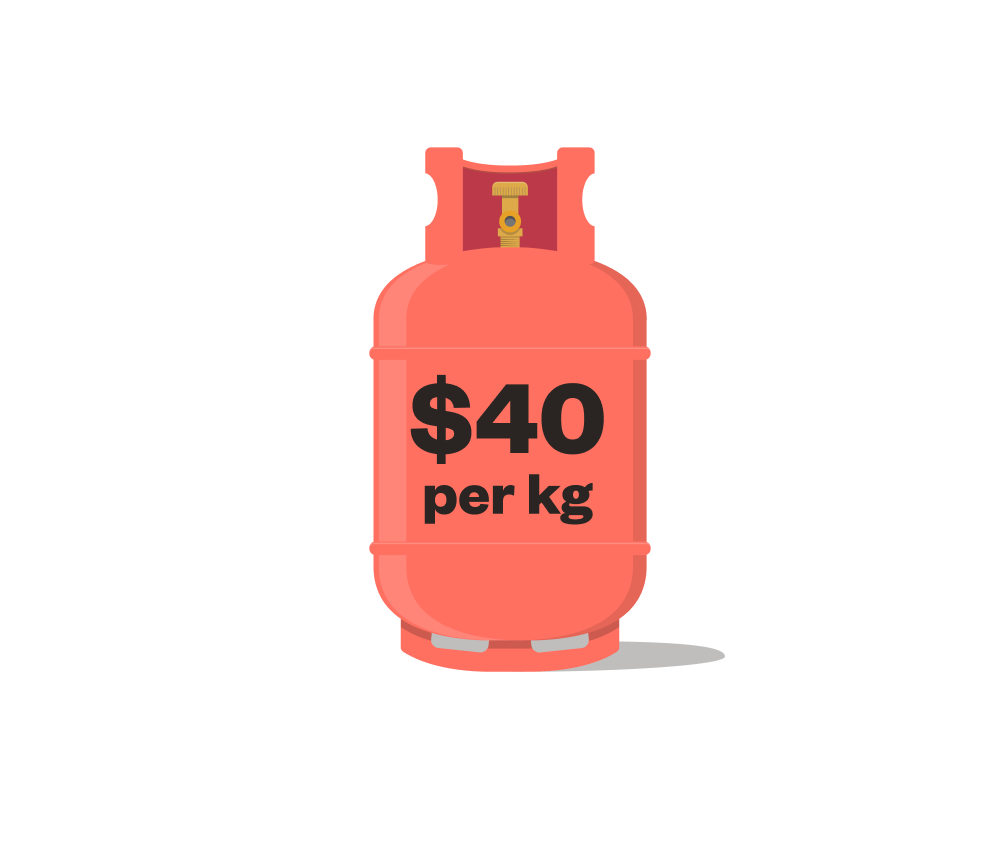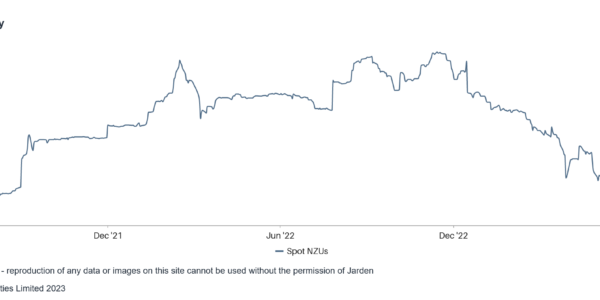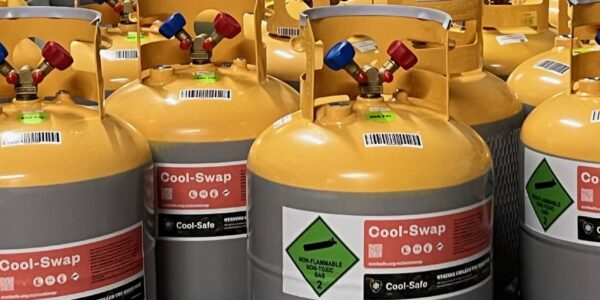Cool-Safe ups refrigerant bounty to $40/kg
- PostedPublished 1 July 2024
Cool-Safe ups refrigerant bounty to $40/kg
New Zealand refrigerant stewardship operator Cool-Safe has announced a significant increase in its Bounty Buy-Back payments for recovered synthetic refrigerants, from $NZ25.00/kg to $NZ40.00/kg.

Cool-Safe last increased this bounty from $NZ15/kg to $NZ25/kg in October 2022. Funding is derived from ‘New Zealand Units’ obtained by offsetting greenhouse gas emissions, with each unit representing one metric tonne of CO2 equivalent.
These funds are then reinvested in the sector to mitigate the environmental impact of F-gases. Having already distributed NZ$1.3 million, the increased payment is expected to boost annual reinvestment through bounty payments to more than $NZ1.6 million.
Since 1993, the charitable trust managing Cool-Safe has focused on collecting and destroying ozone-depleting and synthetic refrigerants. In the past two years, Cool-Safe has eliminated more than 110,000kg of refrigerant, preventing 39,800 tonnes of ozone depletion and abating 1,496,691 tonnes of CO2 equivalent.
To assist HVACR businesses, Cool-Safe offers a free end-of-life cylinder exchange program ensuring maximum recovery and safe destruction of synthetic refrigerants. The ‘Cool-Swap’ program helps mitigate global cylinder shortages, aids in compliance with refrigerant disposal regulations, and helps businesses avoid fines up to $NZ50,000.



Further initiatives include Cool-Safe’s ‘Coolest Courier’, a service designed for the collection of recovered refrigerants that both simplifies the collection of recovered refrigerants and eliminates additional barriers to promoting safe disposal practices.
These efforts ensure optimal effectiveness in addressing the two per cent of New Zealand’s overall greenhouse gas emissions directly attributed to fluorinated gases.
“The collection and destruction of these highly potent global warming potential or ozone-depleting gases is crucial to meeting our goal of 90 per cent reduction of GHG emissions from synthetic refrigerants by 2035,” said Richard Lauder, Chair of the Trust for the Destruction of Synthetic Refrigerants.
“We are determined to support industry in fulfilling that environmental goal.”
- CategoriesIn SightGlass
- TagsCool-Safe, New Zealand, NZ, refrigerant, Refrigerant recovery, SightGlass News Issue 33




